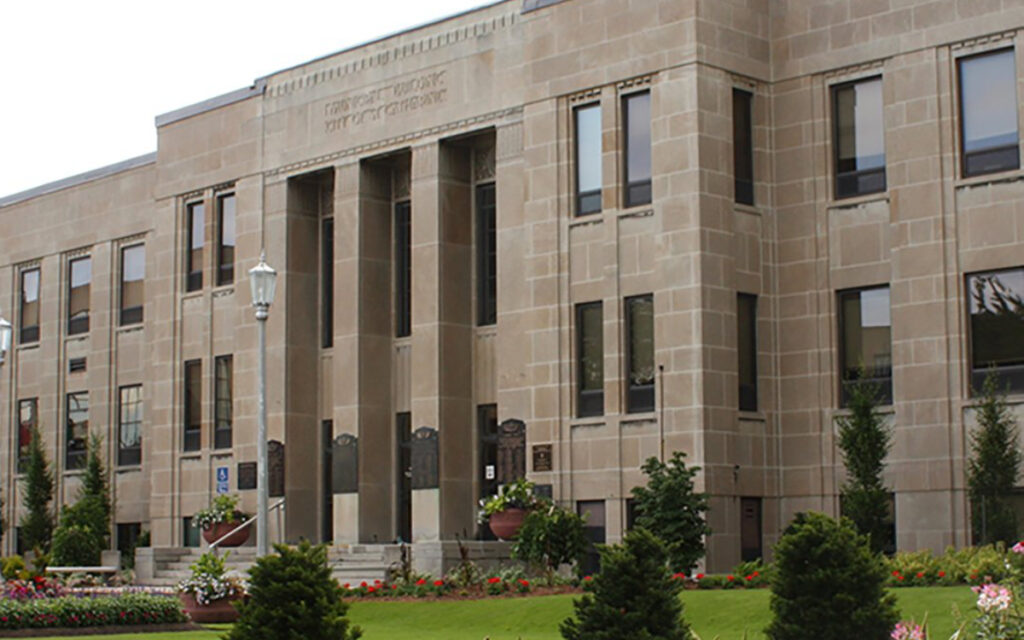
More in-house management could cost millions. Pictured: St. Catharines City Council. Photo Credit: City of St. Catharines.
As the end of another year approaches, budget consultations are in full swing for municipalities throughout Niagara. In the city of St. Catharines, a part of this process is contemplating how to maximize fiscal and operational effectiveness regarding the delivery of forestry services.
In his 2024-26 multi-year budget, St. Catharines Mayor Mat Siscoe sought to contract the remaining of the city’s forestry service needs in an attempt to lower the portion of the property tax bill and save $1.8 million over three years. Siscoe’s cost-saving advocacy had intended to prioritize fiscal responsibility while considering the unique economic context, particularly in light of recent property tax hikes by the Niagara Region. Despite these factors, however, the forestry department has received significant support from a range of community stakeholders, comprising nine delegations, and the council voted unanimously to maintain the forestry services department earlier this year.
Union leaders, municipal arborists and concerned residents have encouraged councillors to not only reject the further privatization of forestry work but to source it completely in-house. It has been argued that providing these services through the municipality directly would achieve higher quality results, greater environmental stewardship and optimal long-term efficiency. Despite these stated advantages, however, there are practical matters which complicate pursuing such a pathway.
A recent staff report prepared for councillors revealed that it would cost an additional $1.8 million per year if it assumed complete responsibility for providing the city’s arboring needs. These funds would be necessary to maintain tree planting supplies, cover fuel costs, as well as provide compensation and job support for staff. In addition to these annual fees, the undertaking would also require a one-time investment of $1.98 million to purchase essential equipment.
Simultaneously, only $485,000 would be saved annually by not having to pay contractors.
There are also logistical challenges to bringing the forestry services department completely in-house. The report said that 12 new employees would need to be hired to service the demand. Technically speaking, the city has nine full-time tree maintenance staff in its books, but there are only five active workers at this juncture, and unoccupied jobs are yet to be filled. The report informed council that it would likely remain difficult to fill the staffing positions and that it could take up to two years for newly purchased equipment to be delivered.
Following Ontario’s strong mayor legislation, Siscoe is slated to present his 2025-26 readoption budget to City Council during a Nov. 6 meeting. Councillors will then have the opportunity to discuss its contents and make alterations at the Nov. 20 budget meeting. It is not expected that Siscoe will seek to advance significant changes, one way or another, to forestry services at this time.
The municipality dedicated $2 million for tree maintenance and $380,000 for tree planting in the 2024 budget.

Nick Redekop completed his Honours Bachelor of Arts Degree in Labour Studies at Brock University. He has previously served in municipal and federal politics. In his free time, Nick enjoys following sports, taking part in outdoor activities, and reading biographies. Nick resides in Niagara Falls




















